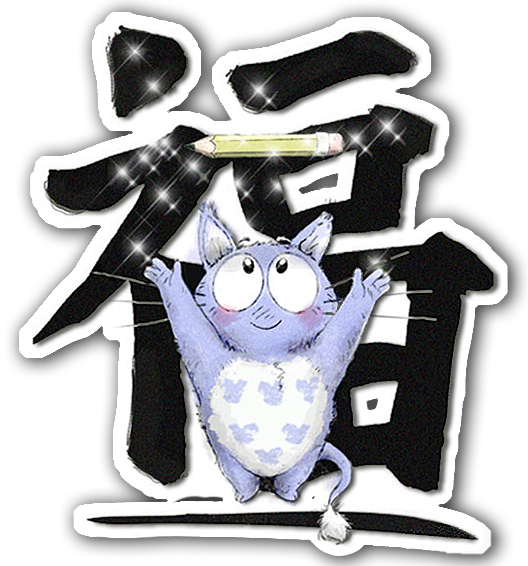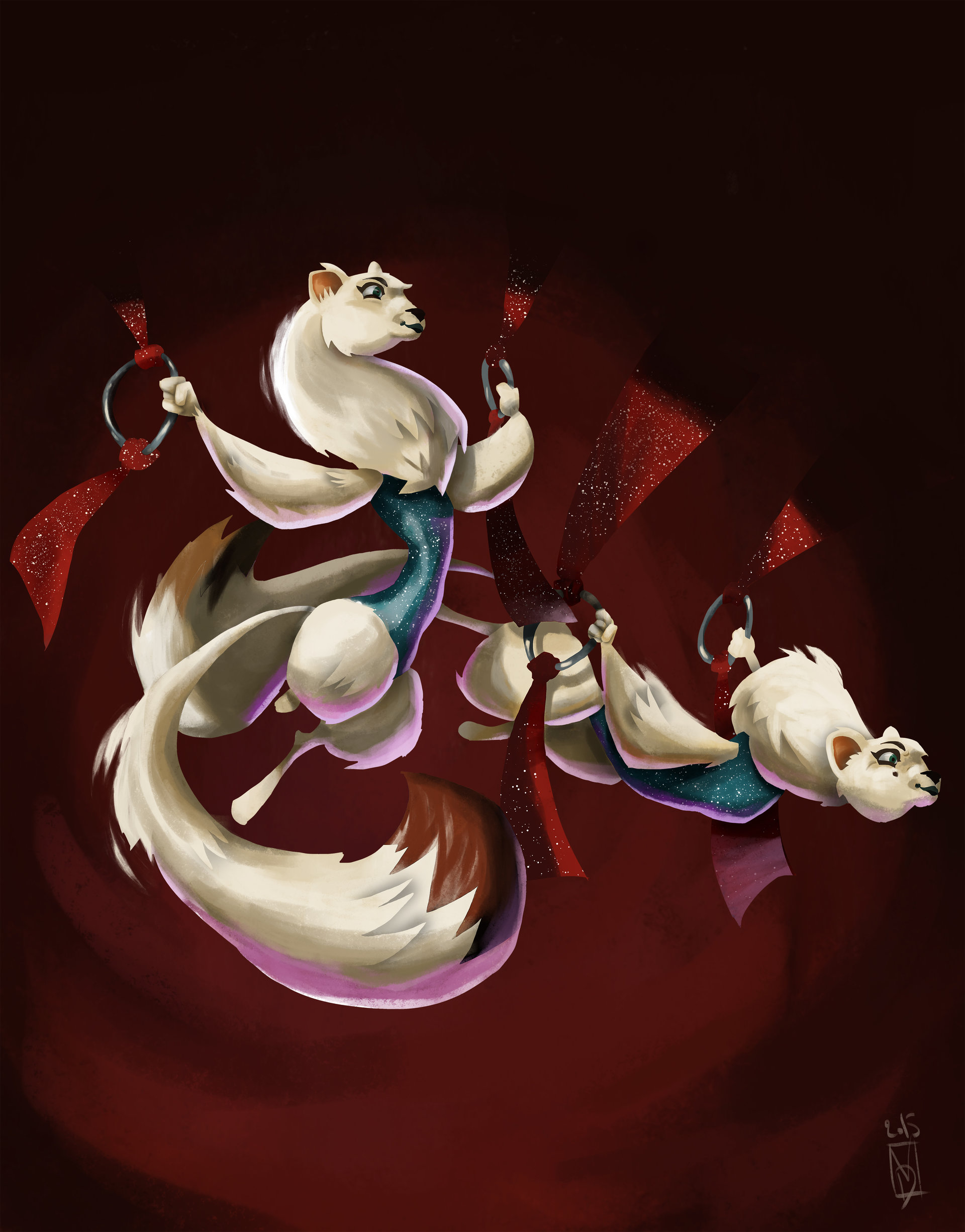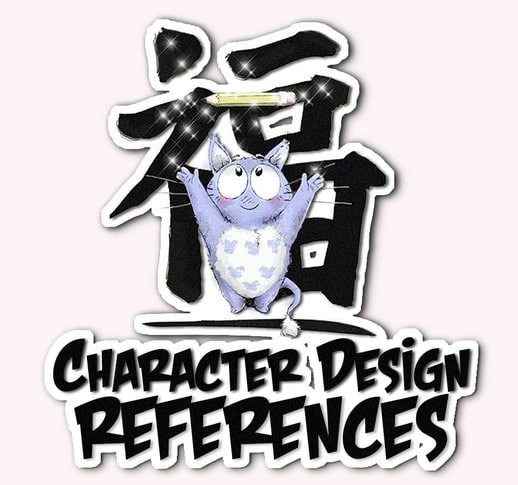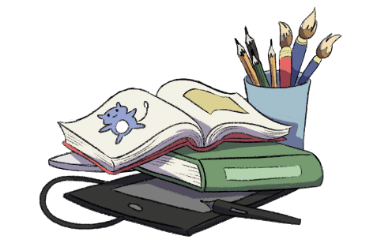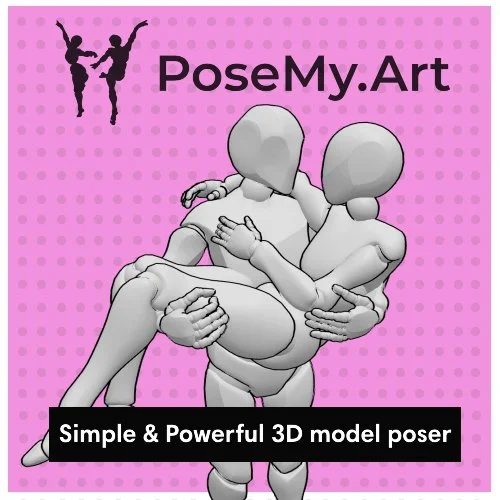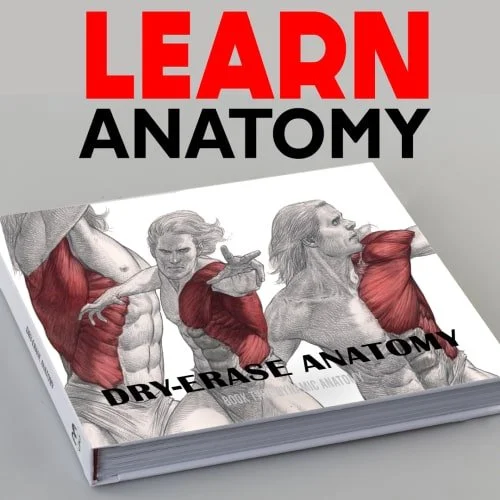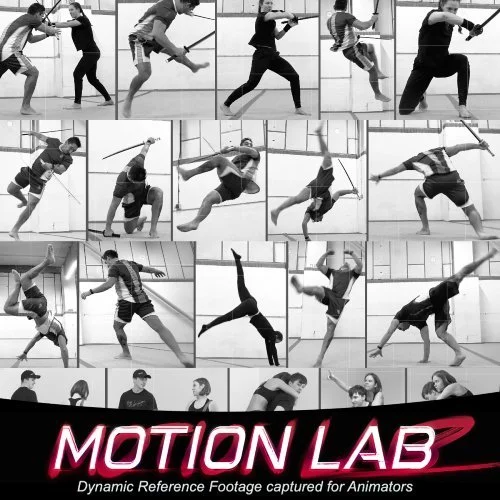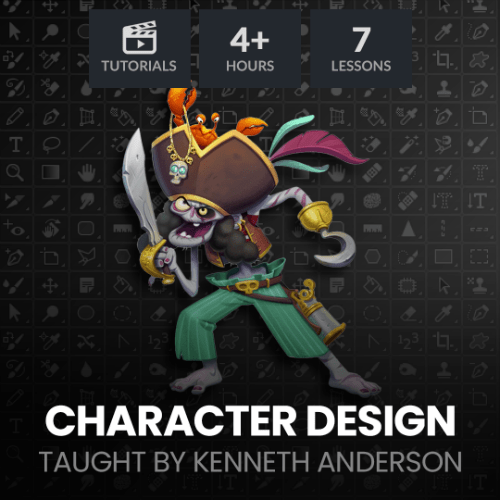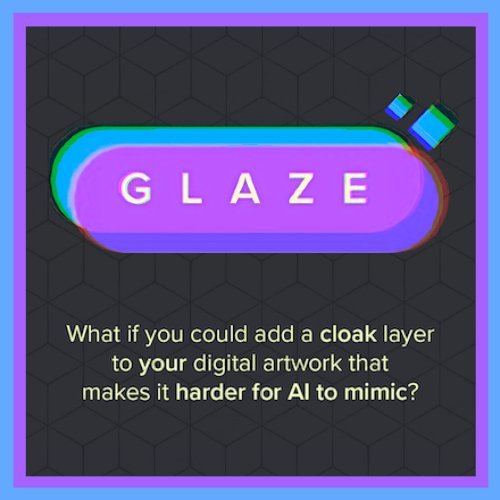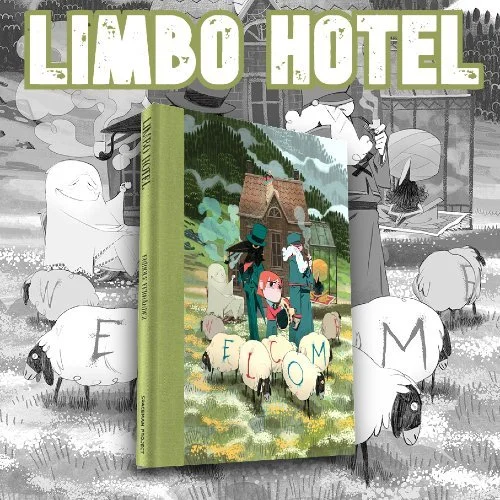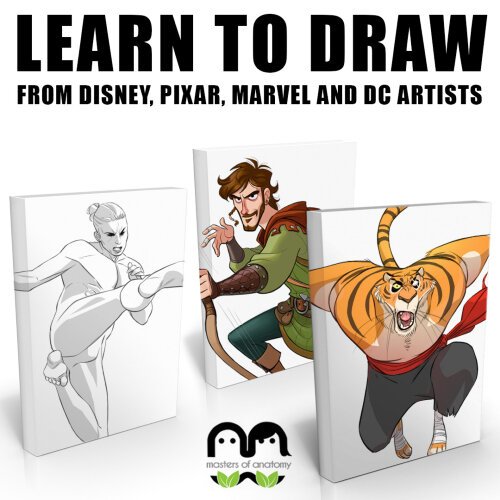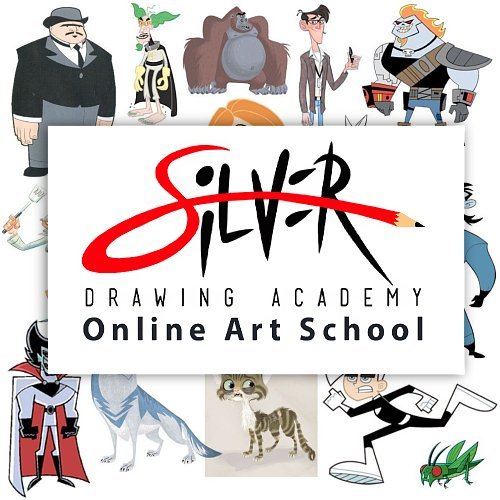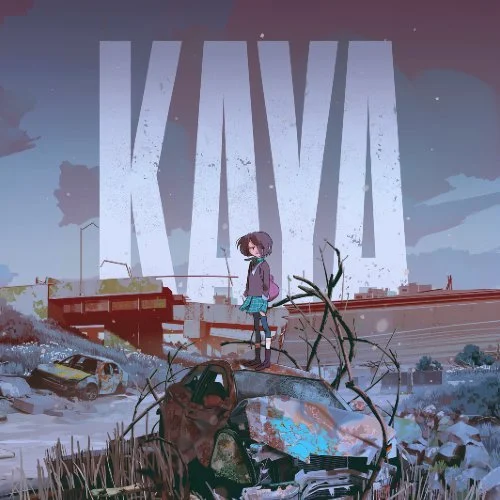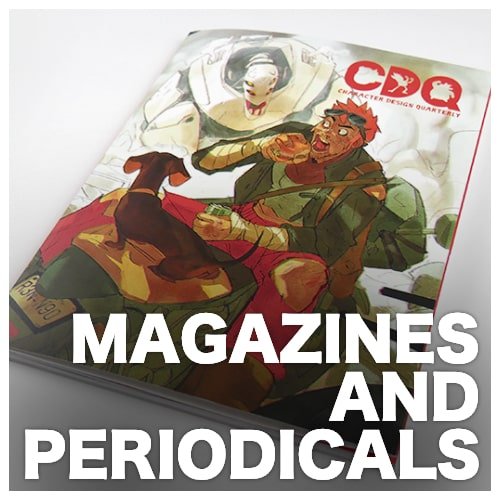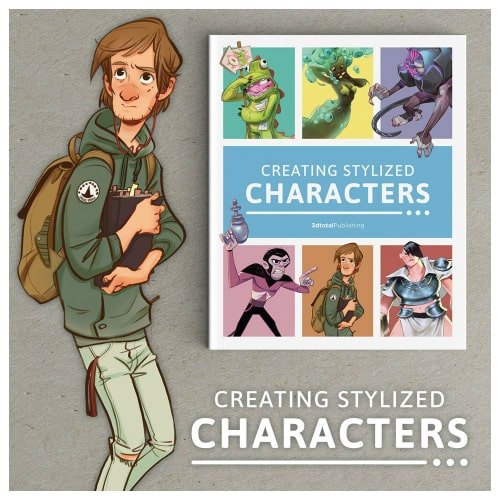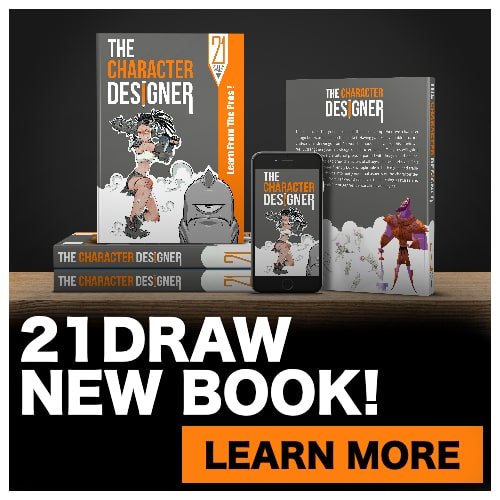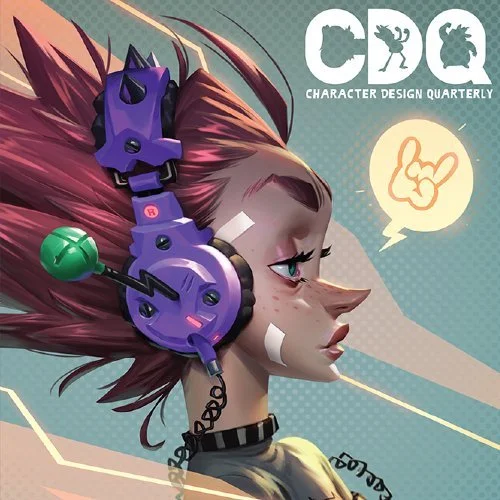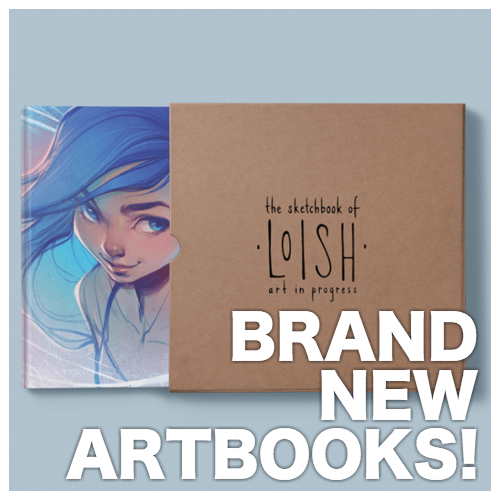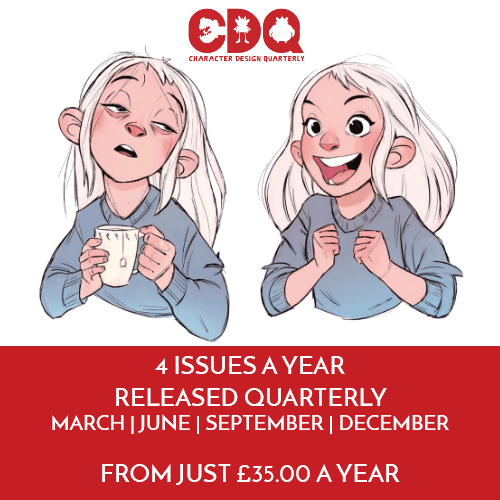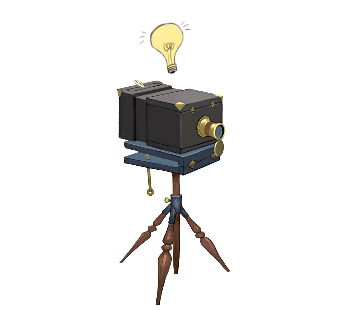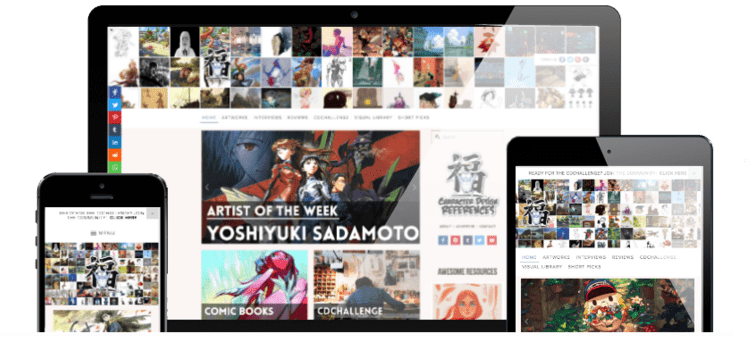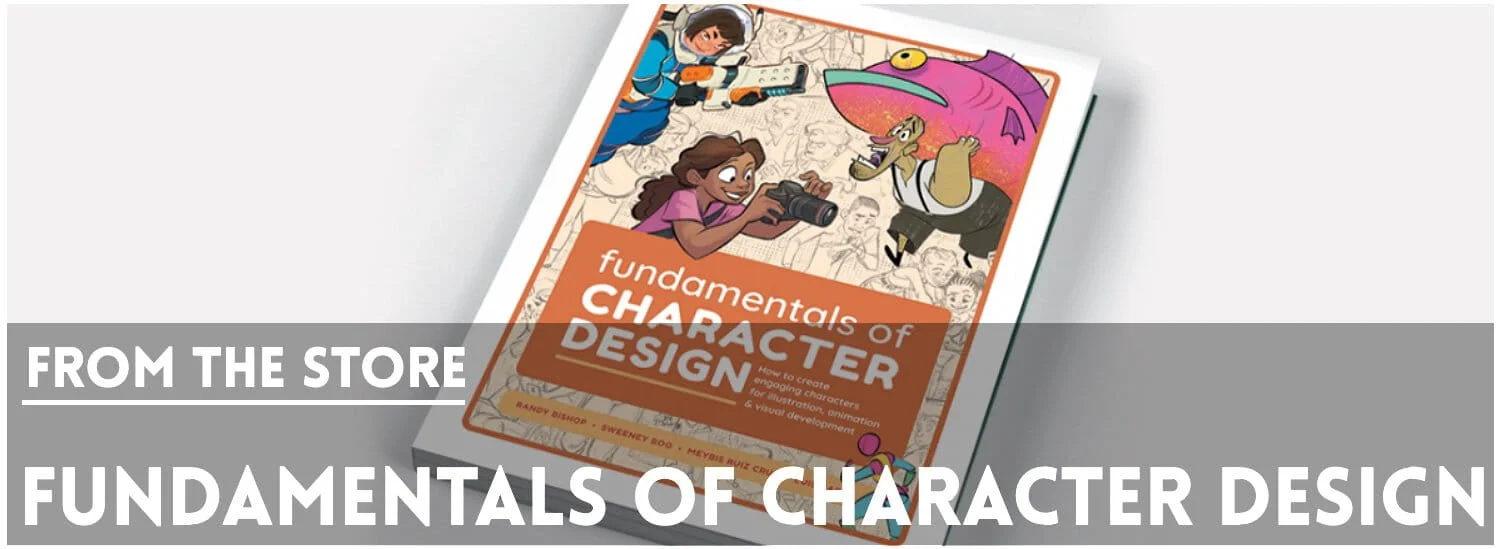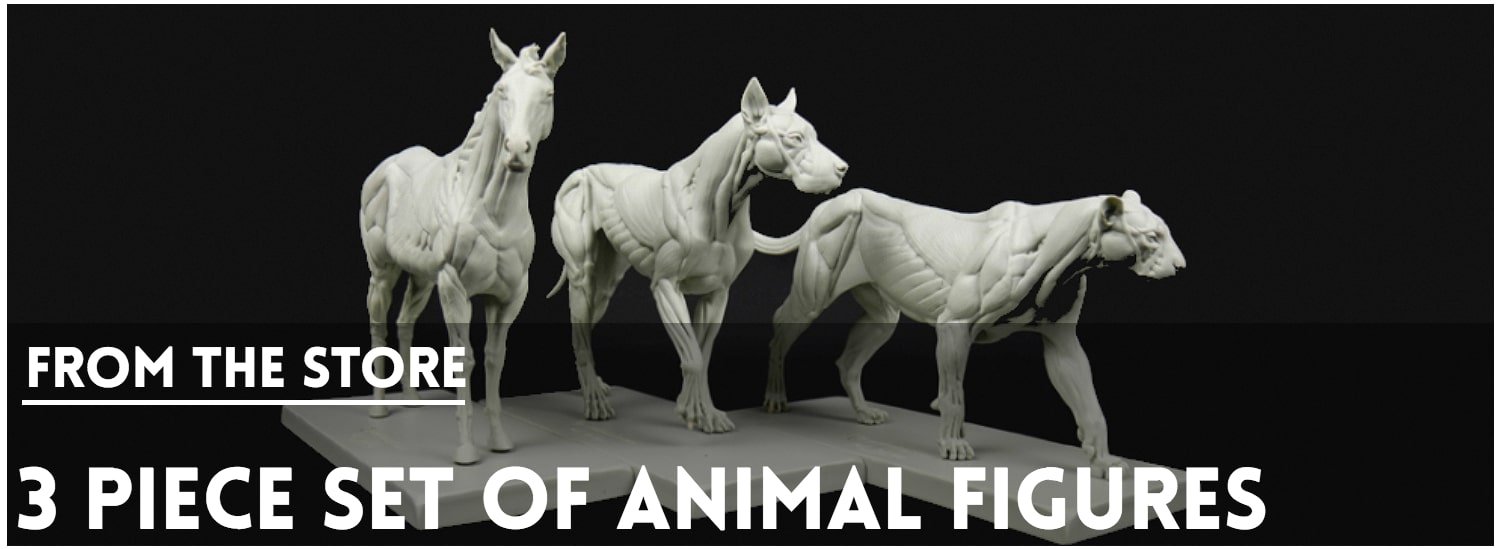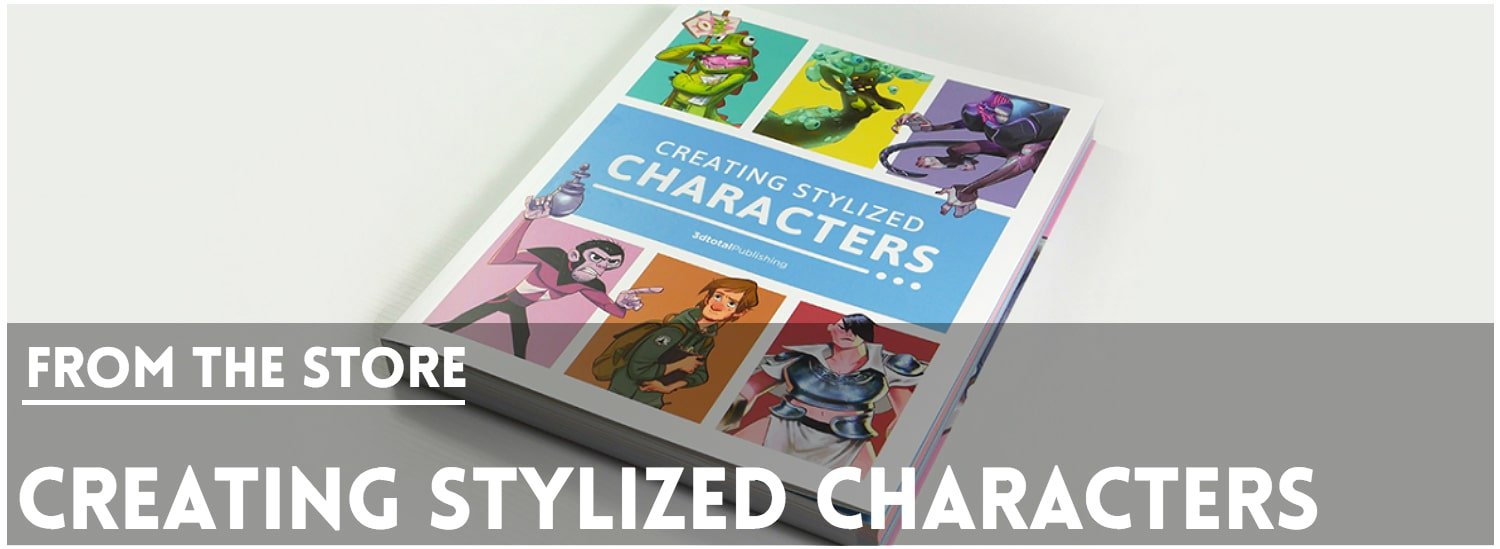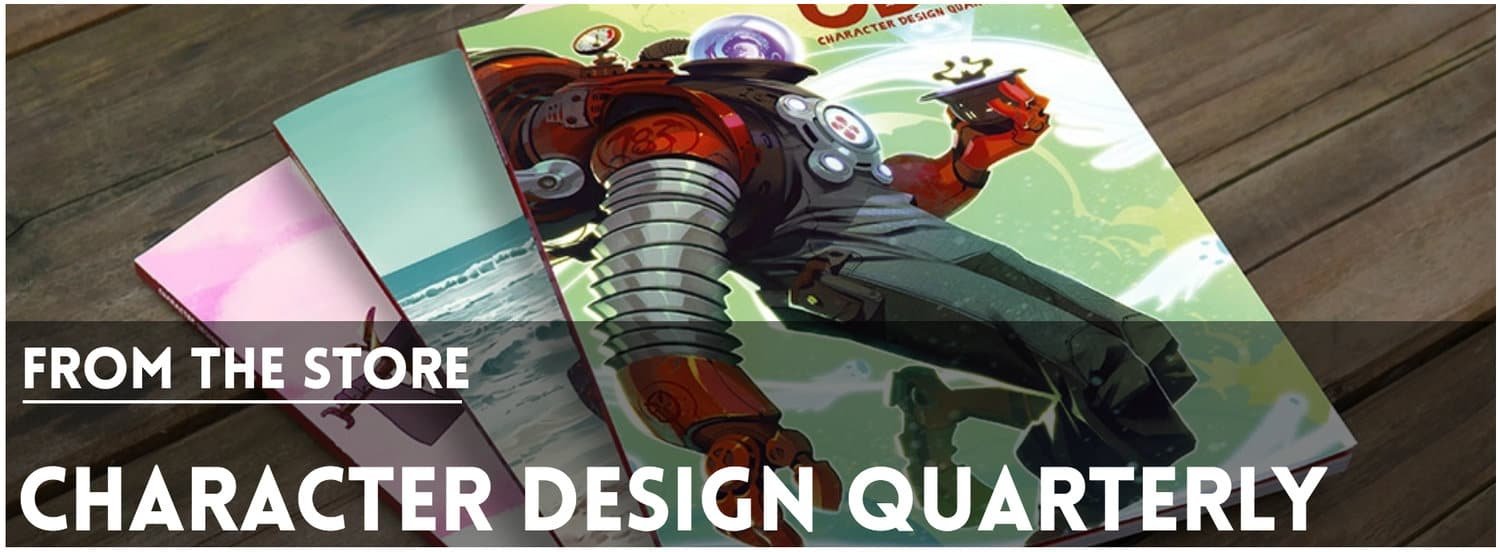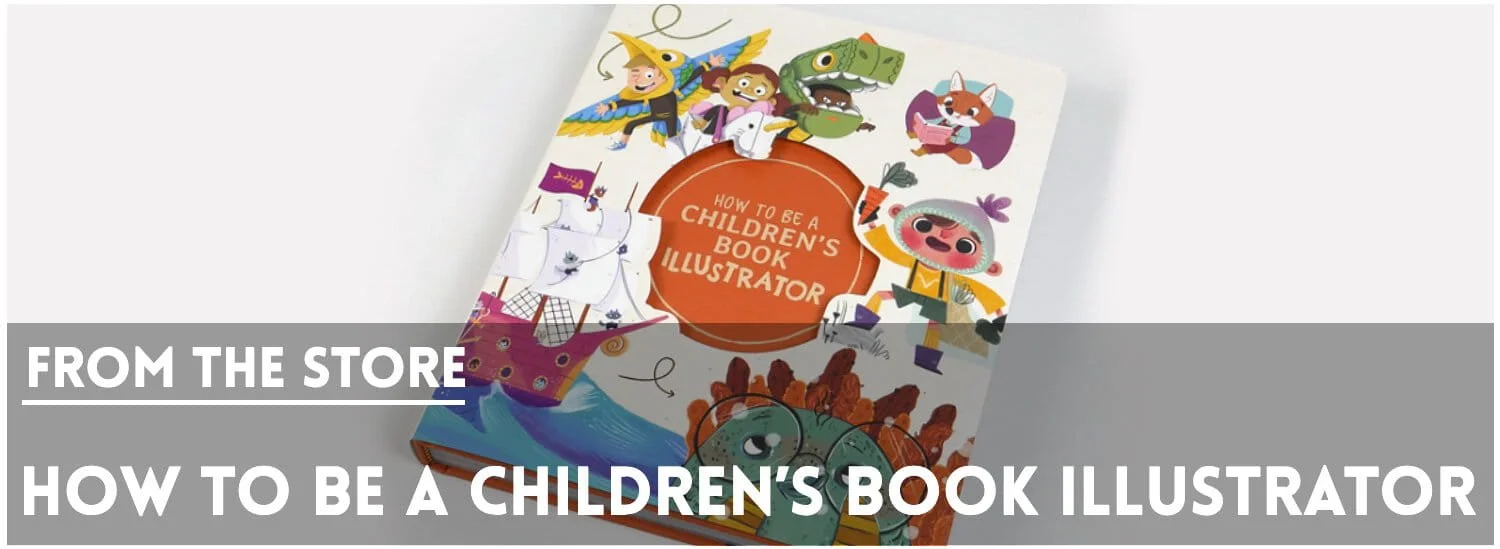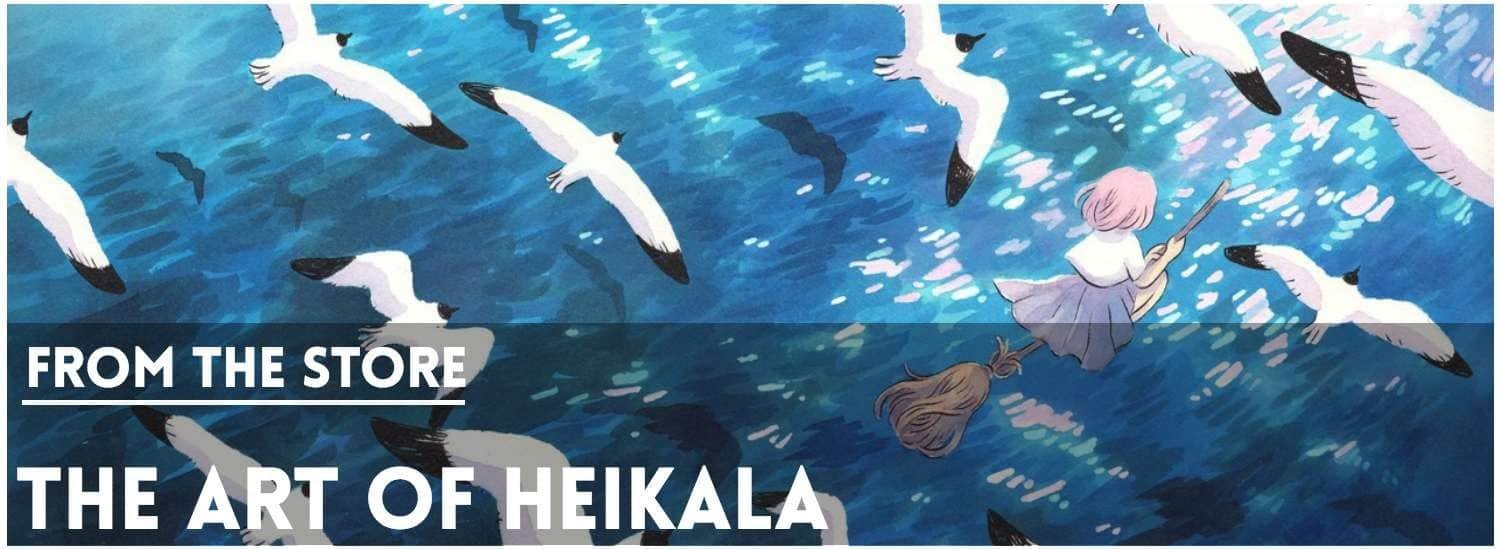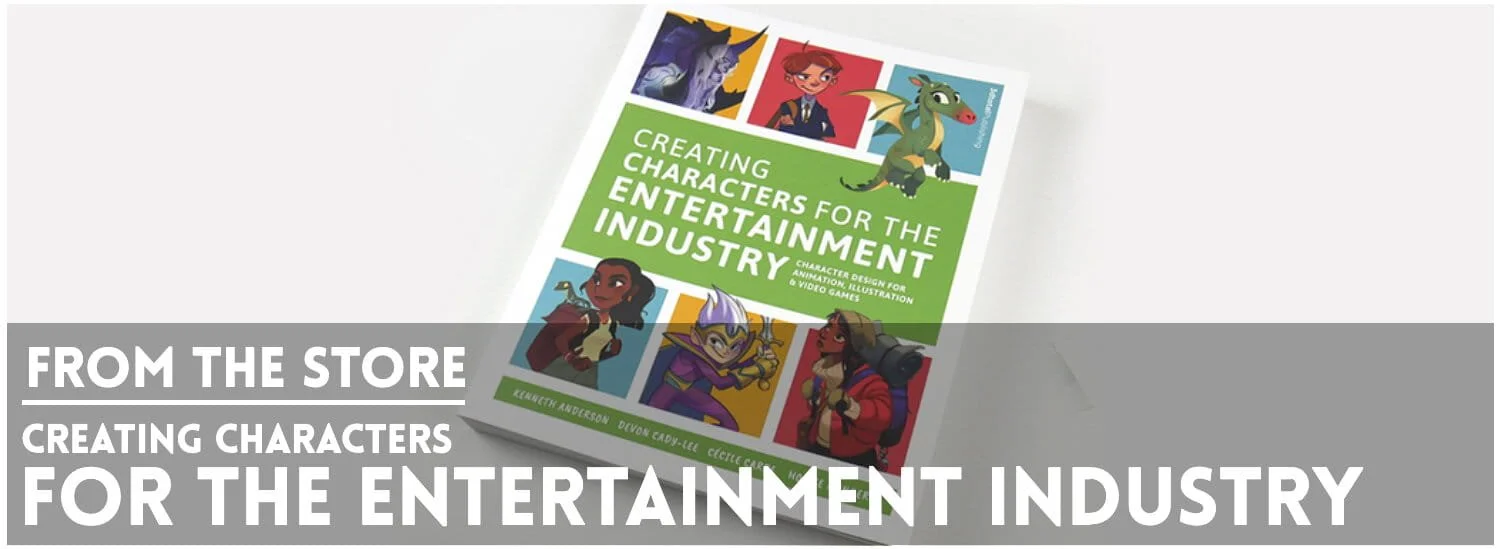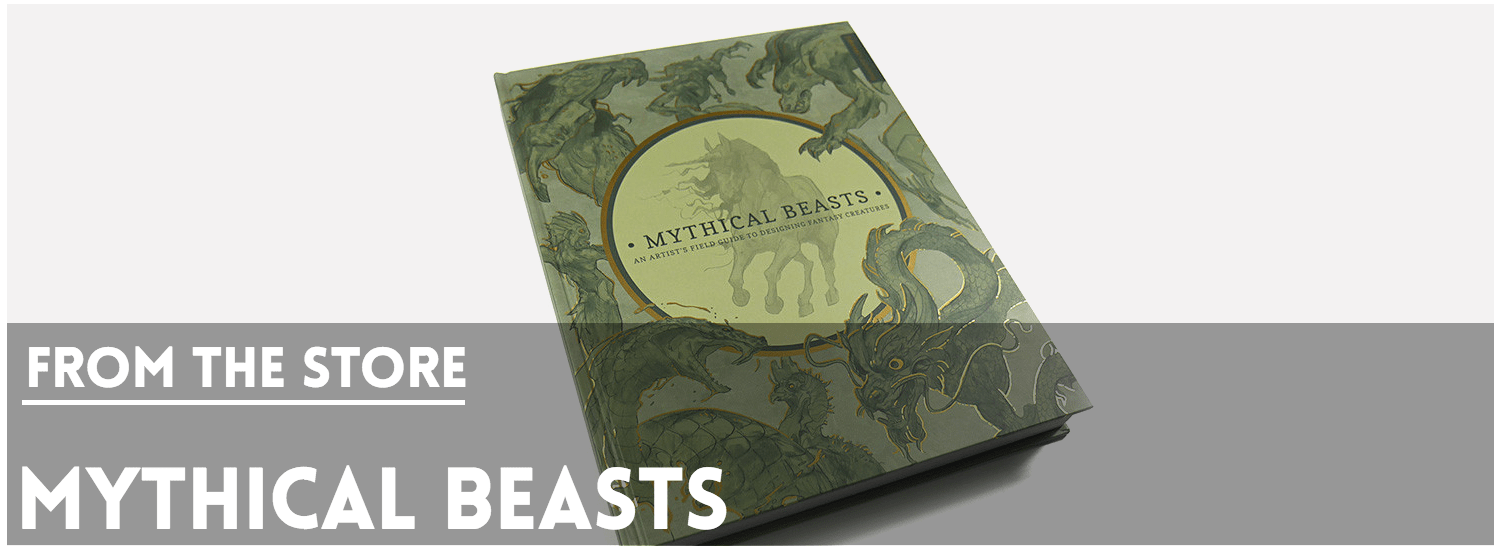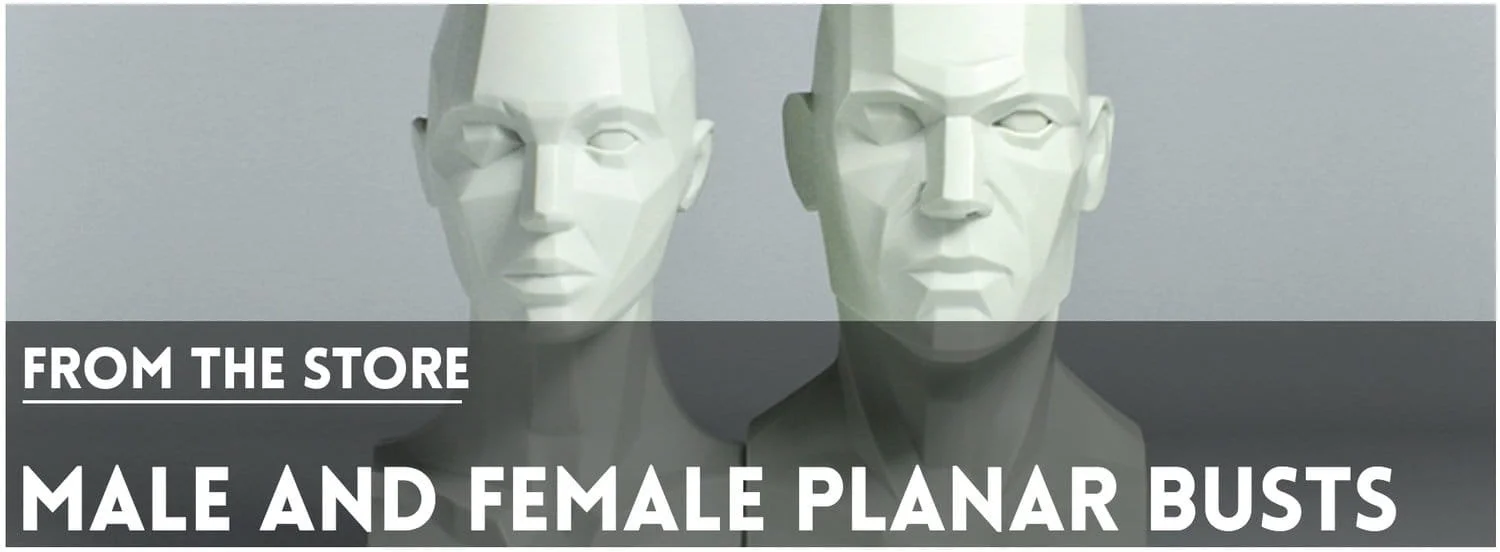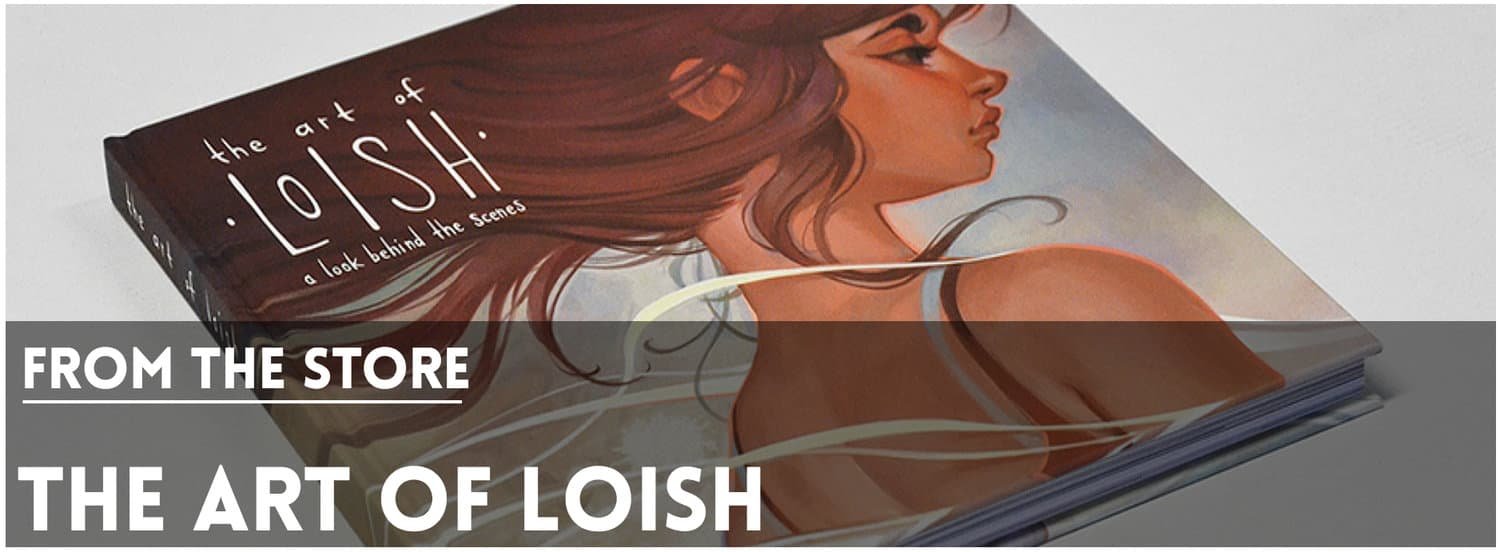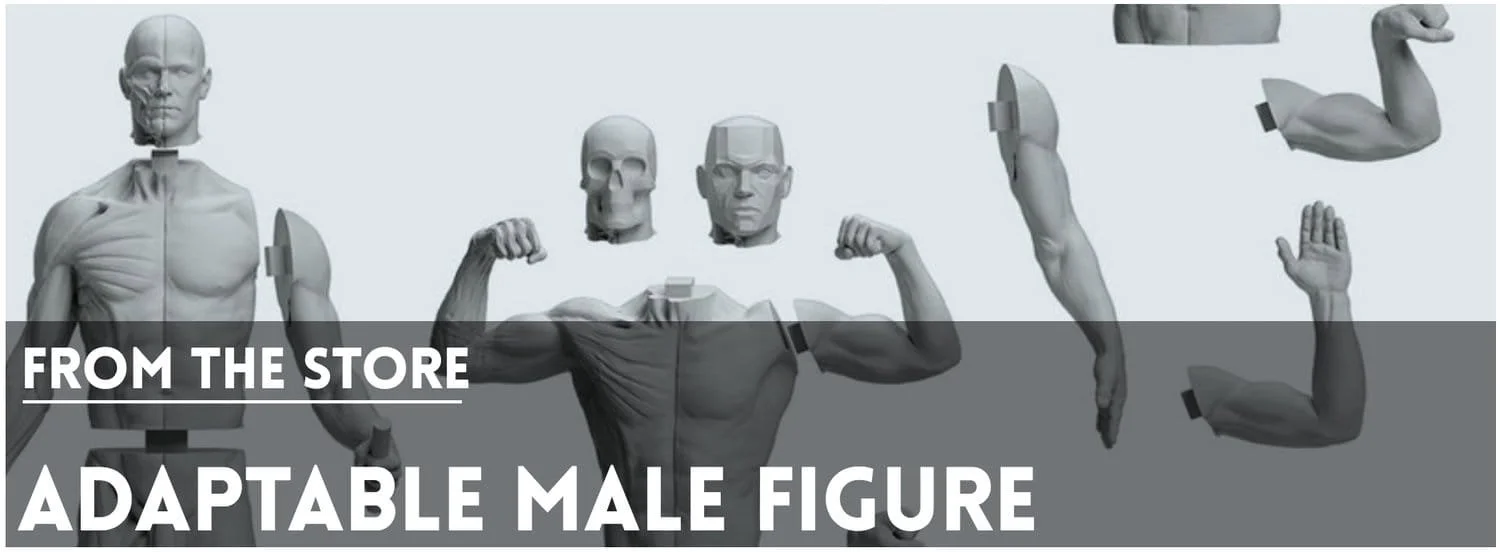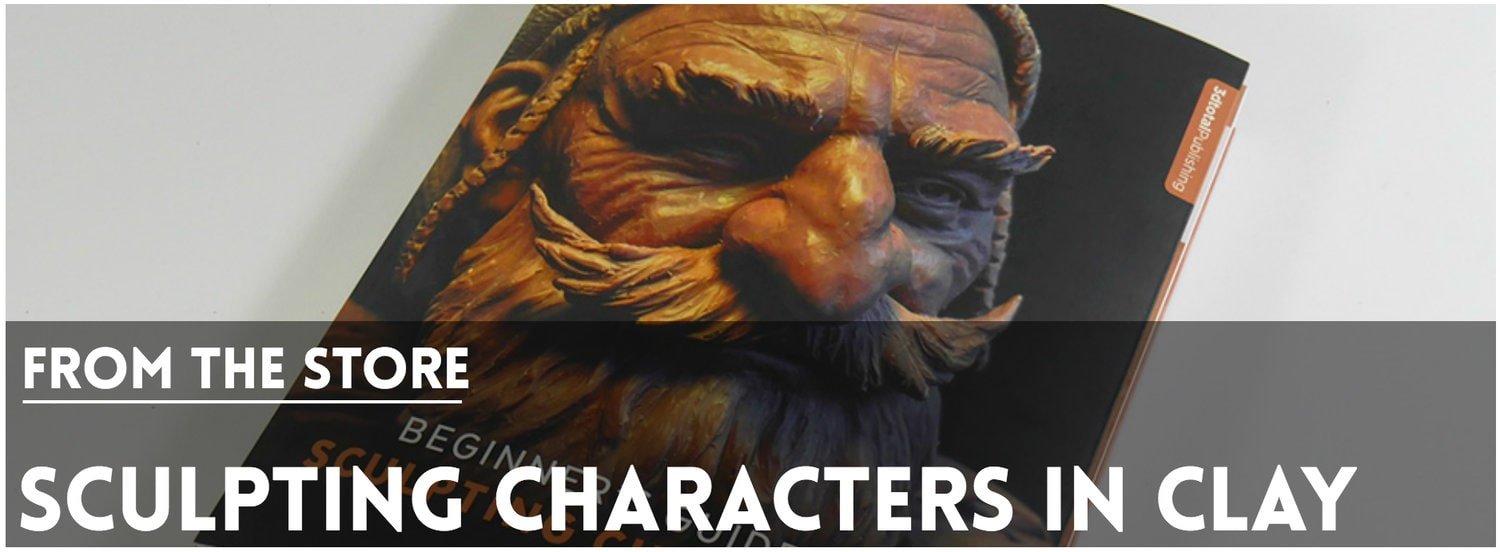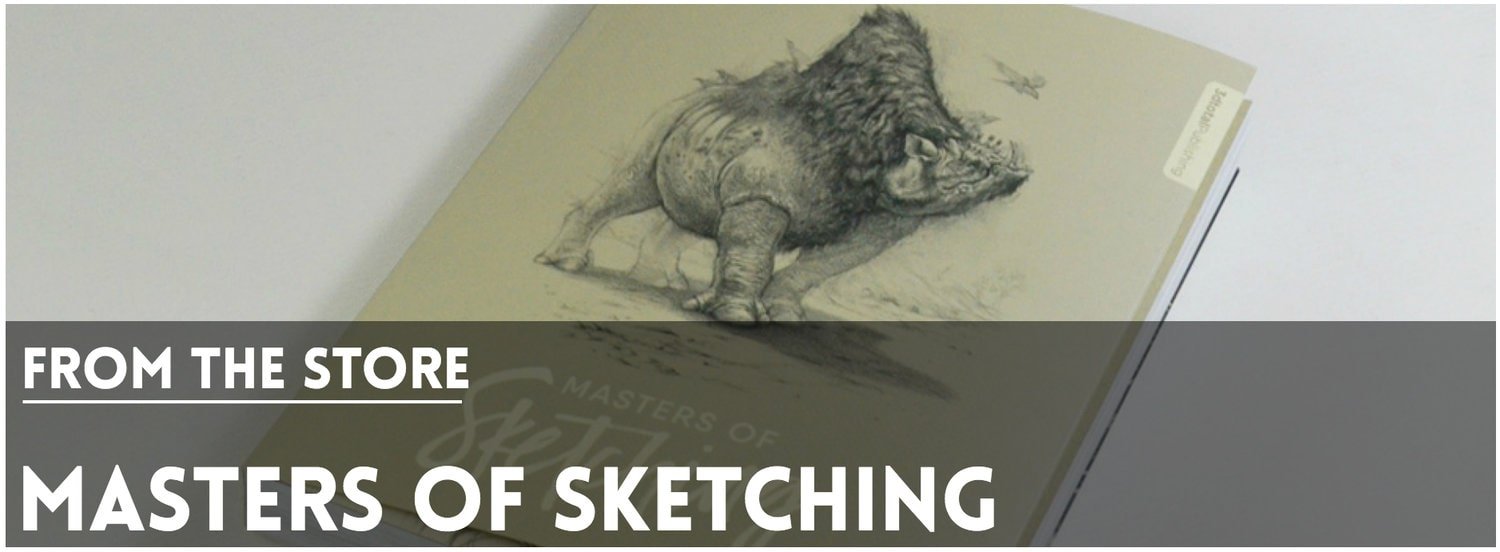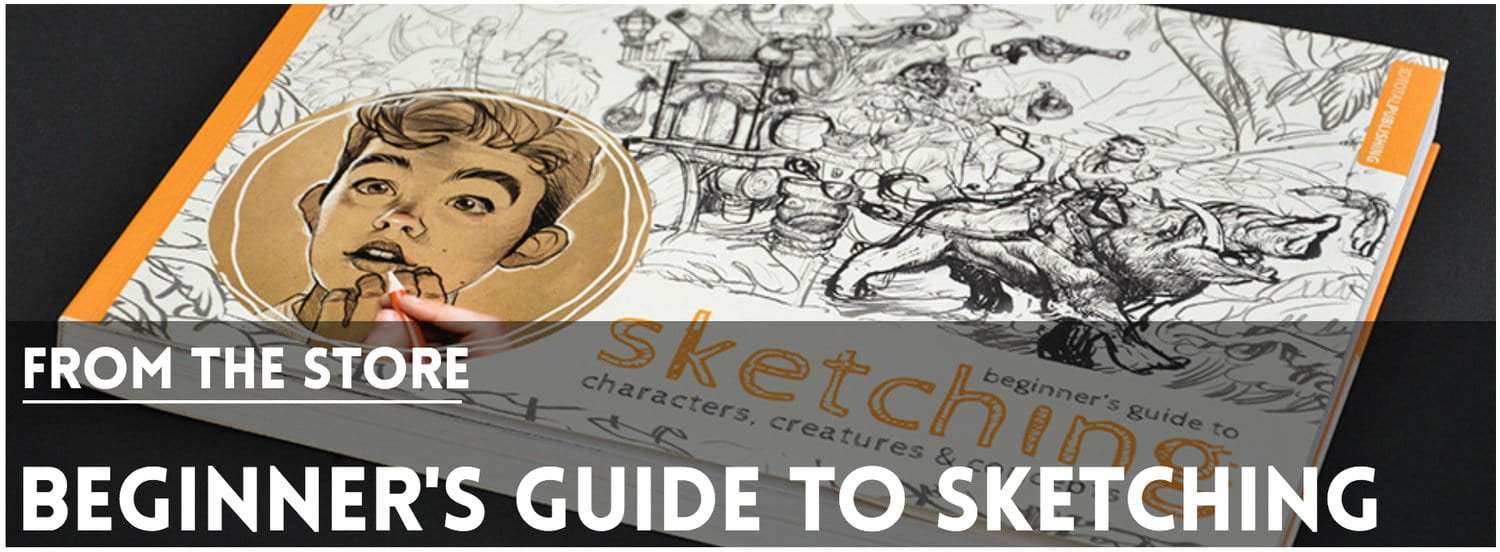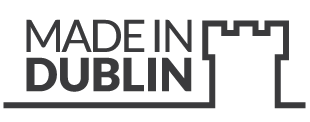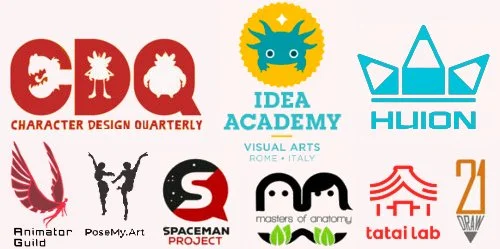Victor Debatisse
/Where did you grow up and when did you say to yourself: ‘’I want to be an Artist’’?
I grew up in Saint Etienne, In France, not very far from Lyon. I think I always told myself that I wanted to be an illustrator and make a living drawing.
Have you always been supported in your artistic path or has it been challenging to let your family and friends understand your choice?
I came from a family with a background in the fields of medicine and education, but with a strong art culture, so they supported me as much as they could. Of course there's been times where understanding that spending hours in front of a sheet of paper or in front of a screen seemed a bit hard to them but they encouraged me nevertheless in my studies, so I can make this a living. For my friends, though, it has always been OK since, more or less, they share the same passion: video games, comics, anime, etc...
What was the strongest influence you had when you were growing up ( artists, movies, cartoons, comics etc.. ) ?
I grew up reading tons of french/belgian comics such as Astérix, Lucky Luke or, for the most important, Tintin. Hergé inspired me a lot in my first drawings. At the time I even liked to dress my hair like his hero. There's plenty of other authors who influenced me in my childhood but I really started to open myself to foreign productions when I was a teenager. I also grew up watching ( and re-watching) tons of Disney movies.. the Lion King has no more secrets to me! One of the movie which also marked me a lot was The Land Before Time, by Don Bluth. A lot ( if not all ) of his movies have influenced me in a way because they were really sensitive and meaningful. Of course, there's also plenty of other movies, comics and cartoons surely influenced me as much as the previous ones.
Did you go to an art school or are you self taught? What helped you prepare to become the artist we know today?
I attended three art schools: a year of traineeship at the Fine Arts school of Beaune near Dijon, three years at Supinfocom Arles (now known as MOPA) and ended with two years at ESIA 3D in Lyon where I got graduated. Though it really was during this last year that I really started to invest myself into 2D illustration and concept art. Many people say that drawing and doing nothing else during your entire scholarship or even after is the only way to get better. In my opinion, you should also focus on other things that are happening around yourself. Overworking on your art can negatively effect your creativity.
Did you have a favourite subject to draw when you were a child and do you still have one today? If you do, what makes it so special?
When I was a kid, I used to draw a lot of dragons and lions, I found them both so appealing. I was also attracted a lot by dinosaurs. Nowadays my taste is more diverse, but I do enjoy designing robots (actually tons of robots!). A giant robot next to a little child is one of my recurring subjects.
From the initial client idea to the final work: what goes through your mind when you're designing and what is the method you use when starting a project? Could you describe it?
I usually start by making a few sketches to decide which direction I should take. I usually start with basic shapes, thinking of what I like and what matches with the client idea, then I refine my work to the final result. I try to stay flexible during the entire creation process. If the idea doesn't seems to please the client, I must be ready to go back or even start all over again, even if the experience can sometimes be frustrating.
What is your process in coloring your art and what type of tools and media do you use?
I mainly work with Photoshop. I've tried several other softwares but I started to create digital painting with it and I didn't find any other software with the same flexibility when working in 2D. To create a piece, I always start by cleaning my line art first, using the magic wand tool (I also use the lasso tool). Then I fill another layer to get the main shape. After that I play with the selection tools to break down the main shape into several differently colored shapes. The amount of details varies a bit from a drawing to one another at this stage but I usually don't do things smaller than an eye. After this step I use the wand tool to select the colored areas and I paint the final colors on another layer. I usually keep colors, shadows and lights separately to have more flexibility. For this stage, as I use selections, I like to use ctrl+H to hide them, it helps me to not get disturbed by their bliking. After that, I use a clipping mask to add some rim light if needed, refine some zones, to make some little changes and finally adding some Fxs.
What part of the creation process is the most fun and easy and what part is the hardest?
I think that the most fun part of the whole process is to imagining the character, then sketching it down, inventing a story around it as the sketch goes on. The hardest part is to ''get my hands in the dirt'', to motivate myself to dig in the coloring process. There's also a stage where I really don't like what I am doing. For me the trick there is to go on and see what happens until you add the final touches to finish your work.
What are some of the things you have learned from other artists who you have worked with or whose work you have seen?
I've learned a lot from school, but also from some Google Hangouts, I met so many nice and skilful people there who taught me tons of useful tricks and also about the importance of self-confidence. This last thing is what really matters in some parts of the creation workflow such as the line art and the design. Being confident can really influences a lot the final result of an artwork.
Is there something that you have designed that you are most proud of?
I am a perfectionist so there's not many of my drawings that I really like. I think every one of them is a study on what I can do or not and I trying to see my progress between each one of them. There's a few things that I liked more though: my ''Hephaestus'' design, my take on ''Arya and the Hound'' and also my ''Anime Shots''.
What projects have you worked on in the past and what are you working on at the moment (if you can tell us)?
I worked on a cartoon called ''Petz Club'' at Caribara Studio and I have being also working on some little projects with my friends that unfortunately were never fully developed (some of the designs can be seen in my portfolio). At the moment I'm focusing on a personal project, a little video game idea that I hope will come to life some day.
What is your longterm career goal and what would your dream project be?
I'd really like to be an art director one day, I'd also like to be able to choose the project on which I will work.
Working for a company or freelancing: what suits you best? And why?
For now I prefer to work in a company. I'm still building the self-discipline to be a freelancer.
What advise would you give to an artist who is dealing with an artblock? How do you boost your imagination and keep yourself creative? I would advise him/her to take a break. Personally when I have an art block I stop working and I try to gather references from my favourite artists, see what worked for them and what would fit in my project if I turn it my way. Going outside and experiencing other things is also a powerful way to get inspired.
Concept art, animation, illustration, comics, there’s so many options to choose and when you’re young, sometimes the only thing you know is just that you love to draw: what should a young artist take into consideration to make the right decision when choosing an artistic path? I think that you should look back on what you really like to do, try to analyse what is really motivating you to draw. I liked a lot going to art schools for that: it's the right time to experiment while being disciplined.
What’s your point of view about the industry today: what are the expectation for someone who wants to make a living with an artistic career?
Nowadays , I think that getting in the industry is kinda hard, as more and more people want to come in. You have to be really good to starting out and be prepared to work hard (I still struggling myself everyday to get work), but I believe that the effort it's totally worth.
Who are the artists who inspire you the most today and what are some of your favorite designs?
At the top of my list, Alexandre 'Zedig' Diboine. He really has a great sense of shapes, design and colors. There's also Juanjo Guarnido, the master of suspended motion and watercolor. Enrique Fernàndez, a great comics artist with quite elegant shapes and colors and Thomas Von Kummant for his wonderful comics Gung Ho!. I have no particular design that I really like more than others but if I had to choose an art direction it would be the art of Cedric Peravernay for the art of Dishonored and the work done on Wildstar, both of them are brilliant.
We have a soft spot for hand drawn animation, what is your opinion about the future of this art form?
I think that there is still a future for it. Nowadays, students still learn how to animate by hand first and are told to watch and learn from old school cartoons, so I hope that some day one of them will come with an idea to bring it back. Sadly, at the moment CGI animation is way cheaper, so I think that we will have less and less hand drawn animation. Japanese animation has good days in front of it though.
Social networks, crowd funding websites, print on demand online service, you name it. New media on the internet are connecting the artists directly with their fans like never before. In your opinion, how is this affecting the industry and what are the pros and cons?
I think it makes the industry way faster, everybody is linked way more than ever and exchanges all around the world are spreading. I think it's a good thing the way that graphic cultures travel and mix to make beautiful things, but can also make the work of different artists look very similar. The small distance between fans and artists is also a good thing, people now are more interested in concept art and illustration.
Finally, Where can we see your art online and get in touch with you? How can we buy your creations and support your work? I have an Artstation account in which I post regularly my works: victordebatisse.artstation.com I also have a Tumblr which is more dedicated to my sketches and process show (be careful, the paint isn't dry yet) : victordeb.tumblr.com And, finally you can follow me on Facebook and Linkedin !
Thanks for reading!
Thank you Victor :)
